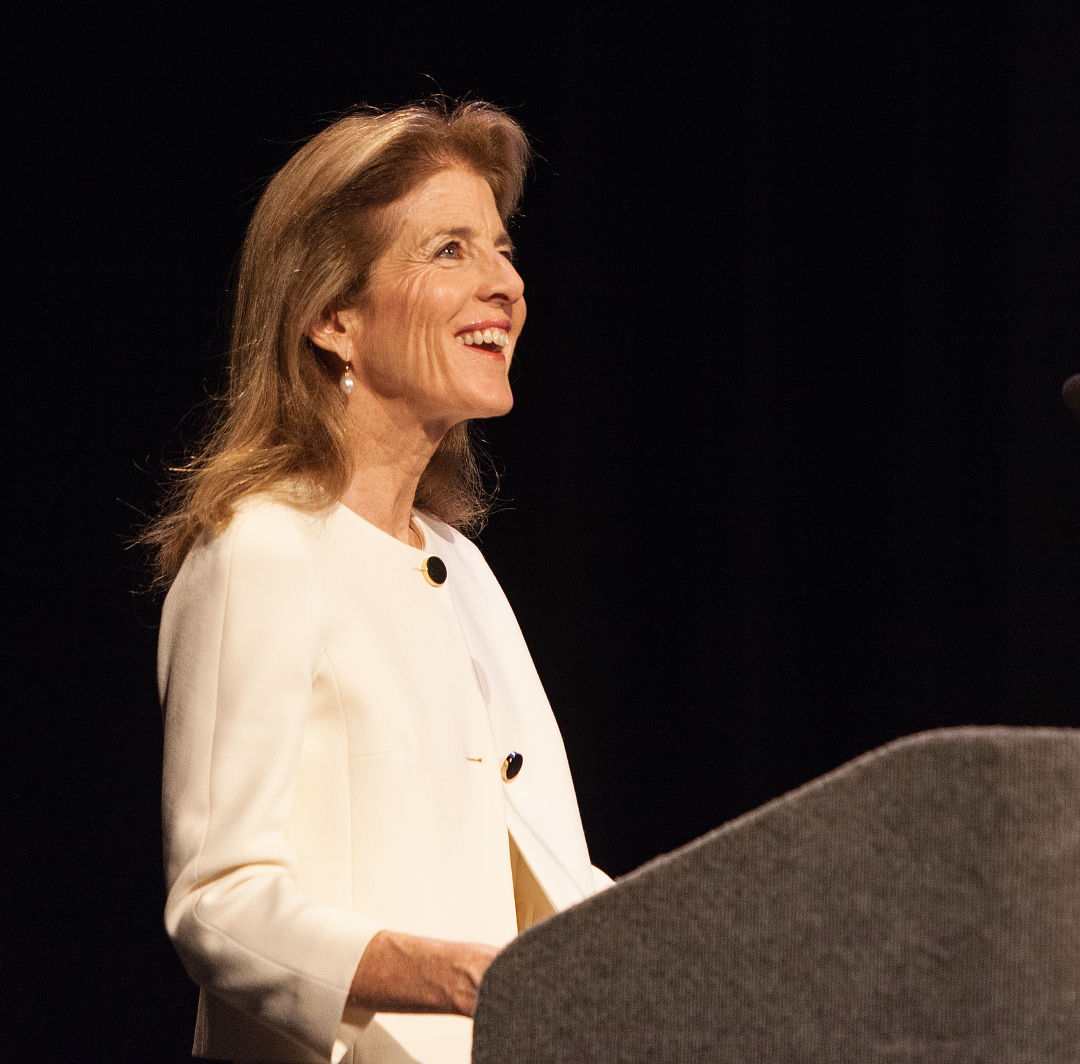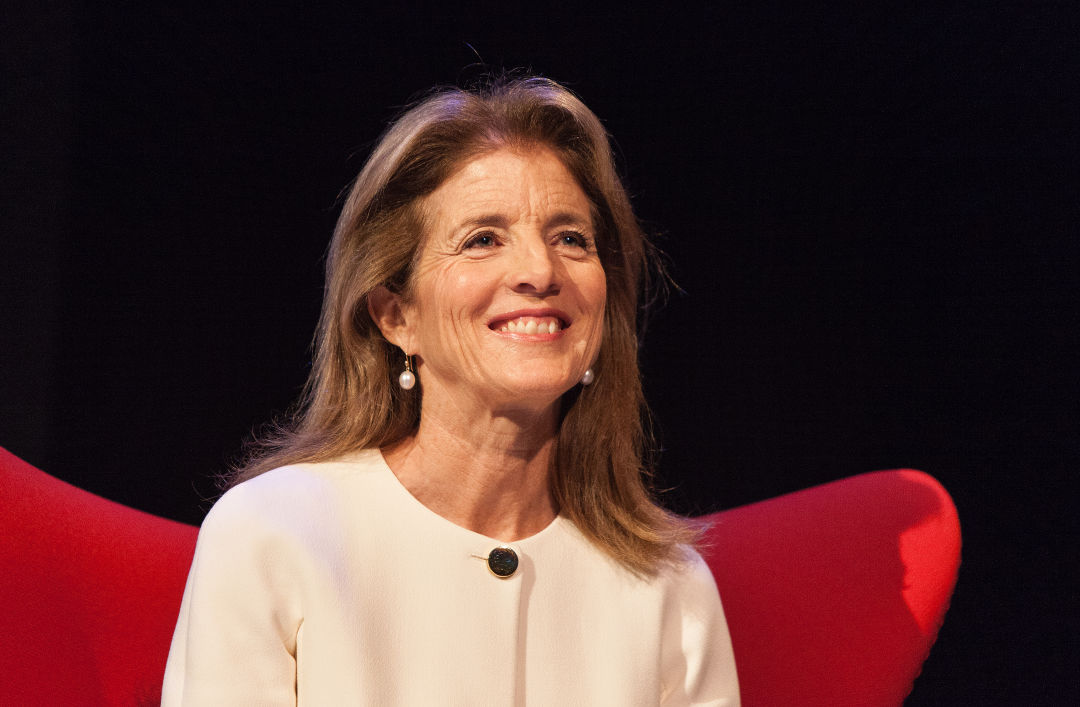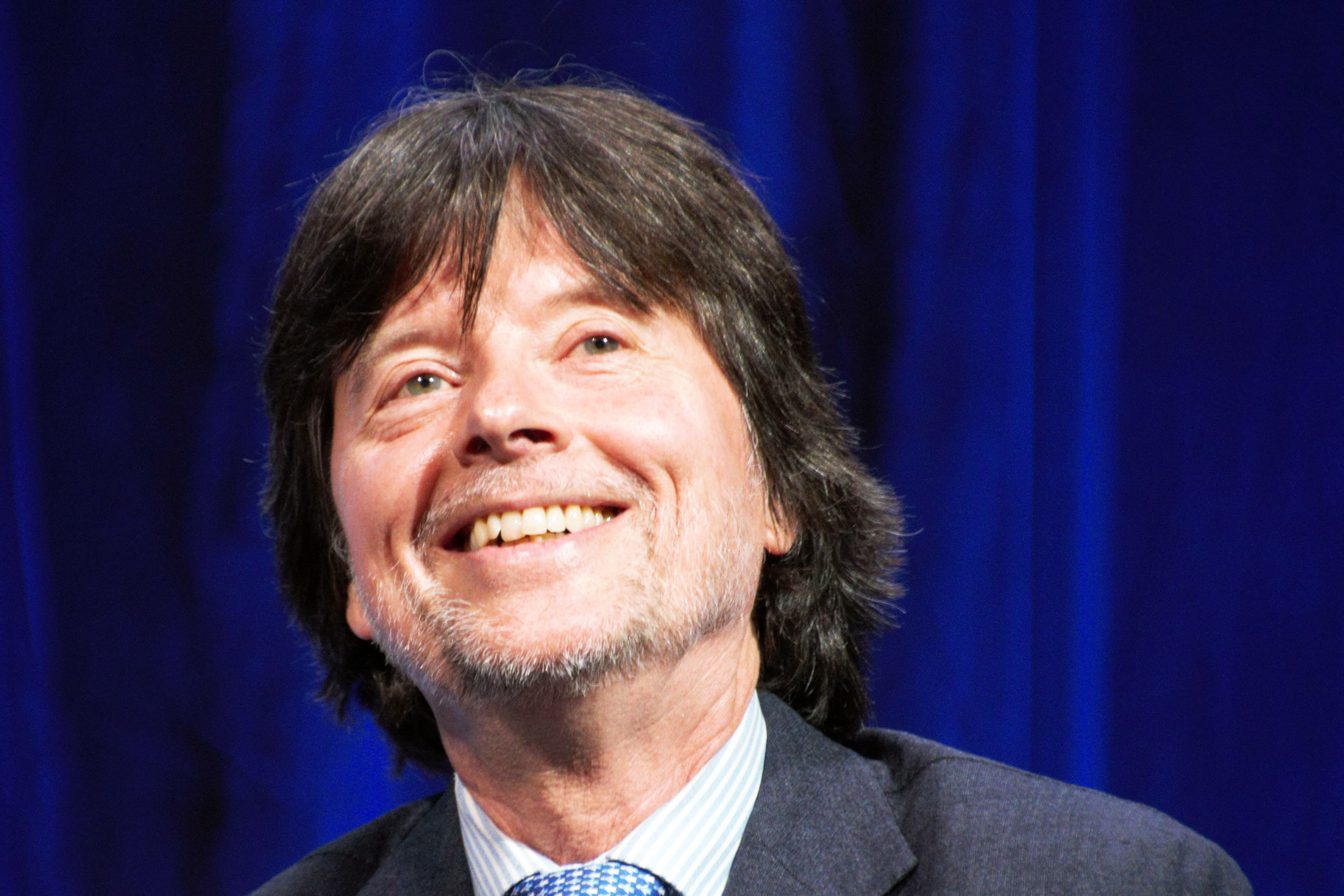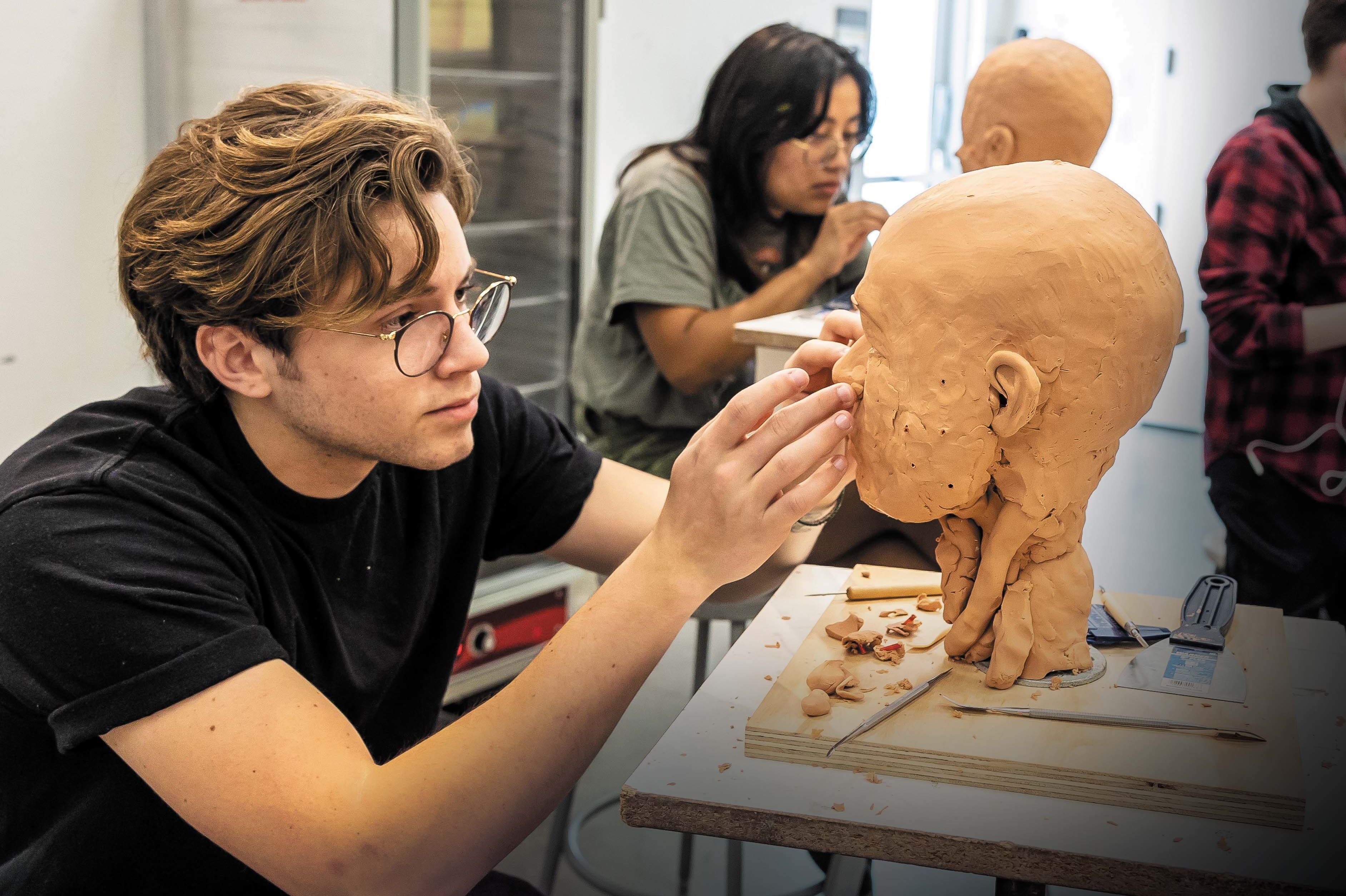Caroline Kennedy Appears at Ringling College Library Association's Town Hall

Caroline Kennedy, March 4 at Van Wezel Performing Arts Hall
Image: Robert Pope Photography
Caroline Kennedy, scion of an American political dynasty and an attorney, writer, editor and former United States Ambassador to Japan, spoke to a Ringling College Library Association Town Hall Lecture Series audience Monday morning at the Van Wezel Performing Arts Hall, also taking a few questions from the press in a briefing before her lecture.
Kennedy touched on her time as ambassador (a period in which President Barack Obama paid a significant visit to Hiroshima), the love of poetry and reading passed on from her mother, Jacqueline Kennedy, and the legacy of public service shared by her father, President John F. Kennedy, his brothers Bobby and Ted, and more members of the Kennedy family over the years.
A composed but quiet-spoken presence backstage and on, Kennedy also recalled a few memories from her very young years in the White House. “I think I knew it was special,” she told the audience. “I could hide under my father’s desk when he was working, his secretary always had a bottomless jar of candy, and I could pick up the phone and ask to speak to Santa Claus and he would be on the line.”
Kennedy said the White House time was also special because it meant the family could be together, as contrasted to time apart during political campaigns. Of course, campaigning was a longstanding Kennedy tradition; she said that her grandmother, Rose Kennedy, began campaigning around the year 1900 and continued until she died at 104. “She was the best politician in our family, and she made us all recite The Midnight Ride of Paul Revere,” when the family was together, she reminisced.
Her grandmother also reminded her, Kennedy said, of a time when Irish-Americans were discriminated against at home in Boston. Nevertheless, Caroline Kennedy learned that “a child of immigrants can grow up to be a great President.”
Speaking of running for office, Kennedy said in the media briefing that she has no plans to run in 2020, but is excited about who’s running for President within the Democratic Party—“more people every day,” she said. “It’s early days, but we’ll learn a lot more about them all.” Asked how she has maintained her family’s privacy over the years (she is the mother of three), she responded, “I was taught by a master. My mother was very committed to what was important, with family and time.” Also, she joked, “I’m not that interesting, so it hasn’t been all that hard.”
Kennedy expressed concern over the shortages of staff in ambassadorial posts right now, saying, “We’re certainly understaffed in Asia, which is where the future of America is going to be determined.” But mostly, her audience was left with words of hope for the country’s future. When asked how her father might react to the state of American politics today, she answered, “I don’t know, but I think with the values he represented, he’d be working hard to bring us together, to bridge divisiveness." She also shared the story of the relationship between her father and the captain of the Japanese destroyer that hit JFK’s PT boat in 1943, saying they kept in touch years later and that her father referred to him as his “late enemy, present friend”—an example of reconciliation. Another example of reconciliation, this one from America’s civil rights movement: the friendship between the daughter of longtime segregationist and Alabama governor George Wallace, Peggy Sue, and African-American Congresswoman Barbara Lee. Lee worked with African-American Congresswoman Shirley Chisholm’s staff at the time Chisholm paid a visit to Wallace in the hospital after he was shot. “That was the beginning” of Wallace’s redemption, Kennedy said.

Kennedy in a Q&A session after her talk
Image: Robert Pope Photography
Interesting side note: The portrait of Caroline Kennedy presented to her today (a Town Hall custom) was painted by Ringling College student Kevin Cuellar, who was born in Cuba—although certainly long after the Cuban Missile Crisis that played such a huge role in JFK’s presidency.
Single tickets are available for the final lecture in the Town Hall series, featuring Time columnist Ian Bremmer, April 11. Go to rclassociation.org/townhall2019.



